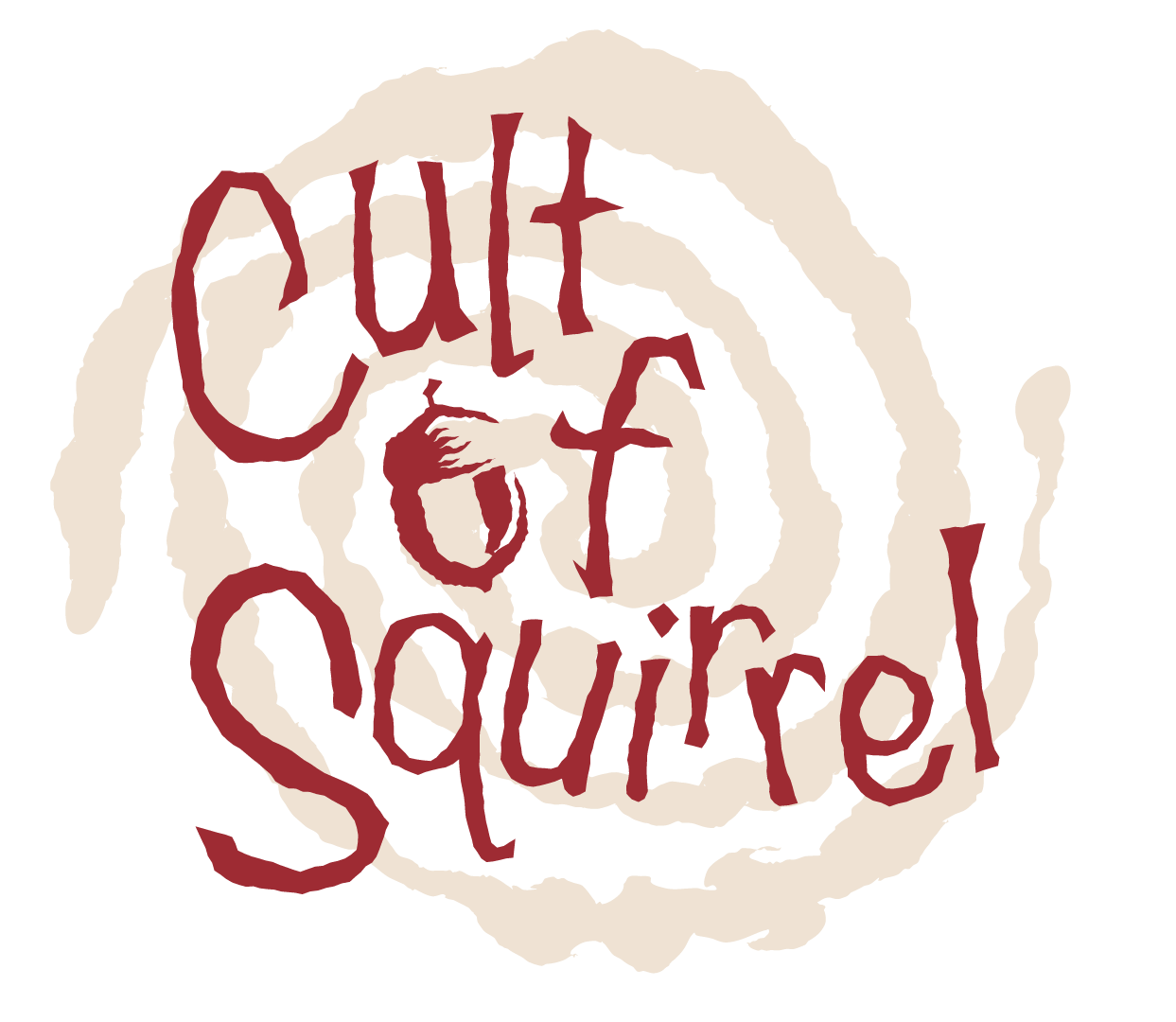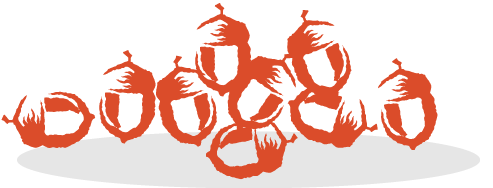
The focus of my blog will be on sustainability (or perhaps it will be on squirrels, they are so cute), but how am I using that word? What does it mean? And why is there a donut (doughnut to us Brits!)? Sustainability covers so much and is a broad topic, but there are underlying foundations that support all the work that is done. So, today’s posting will be on those foundations and be a useful guide to people on what I mean when I use the term sustainability, or derivatives of (for example sustainable)
What is sustainability?
Sustainability is the buzz word right now, but the term and concept have been around a long time. Despite this, many people still struggle with the term and what it means. Whilst today’s post has will not cover every single nuance of how the term can be used it will give a broad overview of what the term means and how I will be using it within my blog.
A definition
Let’s start with a simple definition of the term. The most common definition comes from the Brundtland Report published in 1987 by the UN. Its official title is, ‘Report of the World Commission on Environment and Development: Our Common Future’. It says,
Sustainable development is development that meets the needs of the present without compromising the ability of future generations to meet their own needs

But what about this donut?
Why is this donut important? Well apart from looking rather tasty, it's actually about sustainability. Sustainability is about more than just the environment, it's also about people and society. Look at the outer ring of the donut as the environmental limits of the planet that we can't surpass, otherwise known as the ecological ceiling. Now see the inner ring of the donut as the minimum standards of living for people, the social foundation. And in between those we have the sweet sweet space of the donut, the land of sustainability.... and in this case too many calories. If you think I'm mad, just take a look at the image below, from the World Economic Forum.
Setting Goals, Targets and Indicators
So the quote above sets a vision and the donut sets the limits, but they don't give a path of how to get there. So how do we know what to do? Fortunately, we again can look to the UN Following extensive work and consultations the UN developed the Sustainable Development Goals (SDGs) a set of 17 interlinked global goals designed to deliver a more sustainable future for all. These are a set of 17 goals that all countries, rich or poor, are tasked with delivering by 2030. As you can see below, the goals can be grouped into 5 Ps: People, Prosperity, Planet, Peace, and Partnership. Working to achieve these goals is not just good for the planet, it’s good for people too.

These goals focus on people and their livelihoods, ensuring no-one is left behind as we move to a sustainable world.

These goals focus on creating a fair and just system, one that creates an economy that works for people and the planet.

These goals focus on responding to climate change and its impacts, creating effective responses.

This goal focuses on developing strong international institutions that allow nations to resolve conflicts or work together peacefully.

The final goal focuses on the need for partnership, between all actors, from nations to individuals, to achieve the goals.
Measuring Success
When we can say that all the goals have been achieved, we can say that we live in a sustainable planet. But how do we record progress? And to what? The goals themselves are not specific targets. To aid with this, each goal has several specific targets to be achieved, and each target has its own set of measurements, known as indicators. Below is an example of the first goal, No Poverty and its first target, and the indicator that goes with that set target.

It's a lot to take in I know, but this short video offers a really good explanation of it all!
Delivering on Sustainability and this Blog
So having gone through all that explanation, my blog will be considering the SDGs as the framework for measuring sustainability and progress towards a common global goal. Delivery of the SDGs is not to be left to the UN and national governments. Delivery requires action and involvement at all levels of government, along with civic society, and us as individuals, to be successful. With this blog I will be commenting on events in Nogojiwanong/Peterborough, ideas on how my hometown, York, can be become more sustainable and look at world issues. My next three blog posts will be introducing those three themes in more detail. I hope you will enjoy reading them!





